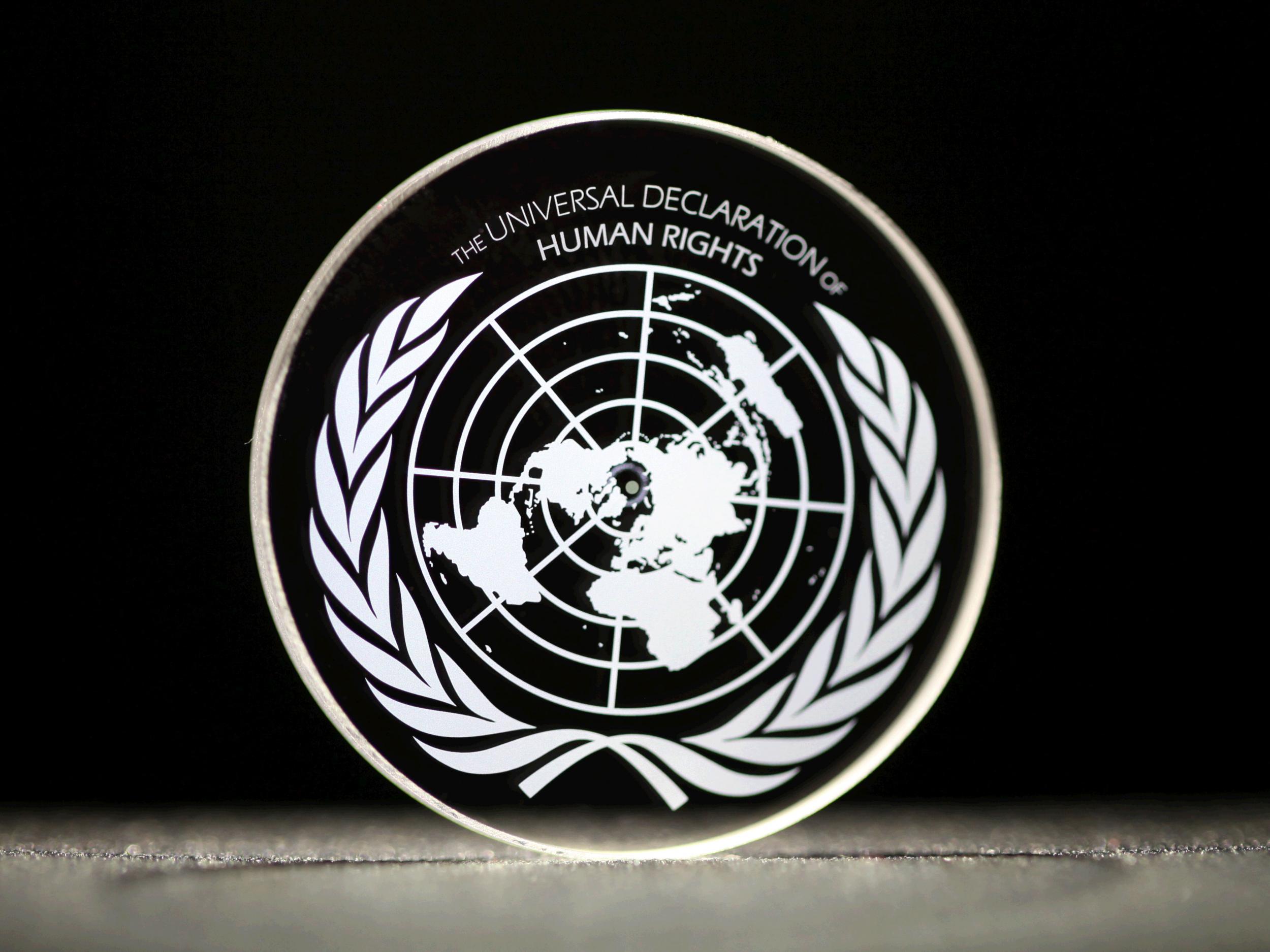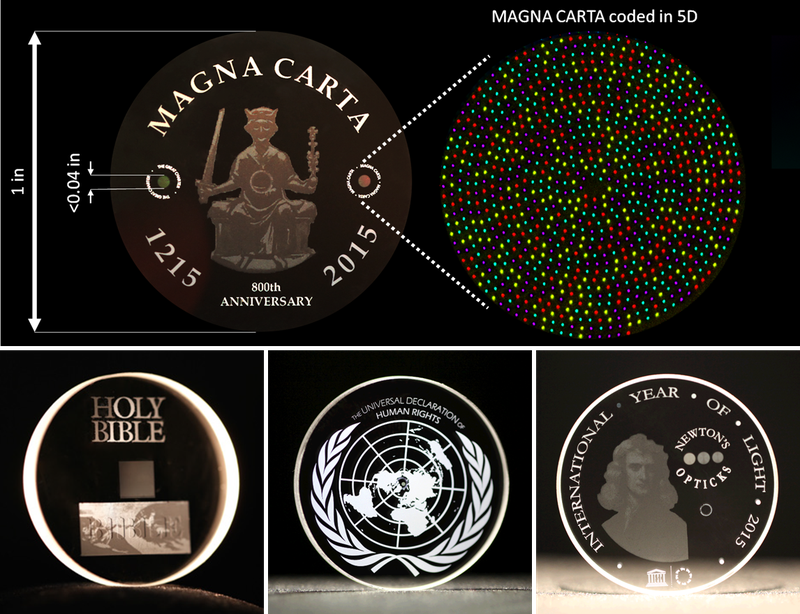'Five-dimensional' glass discs created by British scientists could store masses of data for billions of years
The small discs can preserve hundreds of terabytes of data for over 13 billion years

Tiny glass discs developed by British researchers are capable of keeping up to 360 terabytes of data safe for more than 13 billion years.
Using nanostructured glass, scientists from Southampton University have pushed the boundaries of five-dimensional data storage, a technology which was was first experimentally demonstrated in 2013 when a small 300 kilobyte text file was encoded onto a glass disc.
The technology has improved drastically since then, and the researchers hope the discs could one day be used by archivists and librarians to preserve the sum of human knowledge for future generations, in a durable, convenient format.
The data is imprinted onto the discs using ultrafast laser pulses, creating nanostructures dots arranged into three layers which are five-millionths of a metre apart.
These nanostructures change the way light travels through the glass disc, altering its polarisation. This modified light can then be read using an optical microscope and polariser.
The information encoding inside the disc is realised in five dimensions - the size and orientation of the nanostructures, in additional to their three-dimensional positions inside the disc.
The glass discs in which the data is encoded are naturally more durable and less prone to degradation than traditional storage formats.

This means they have a virtually unlimited lifespan, and can be stored safely in normal conditions for a very long time.
The researchers believe that each disc could preserve the data on it for up to 13.8 billion years - to put that in perspective, that's around the same as the age of the universe.
The team have already successfully encoded a number of important texts in the format - copies of the King James Bible, the UN's Universal Declaration of Human Rights and Isaac Newton's Opticks have all been recorded onto the discs.
The technology is in its infancy, and producing and using the discs is currently a fairly difficult task. However, postgraduate student Aabid Patel, who works on the project, told The Verge that the equivalent of a 'DVD player' capable of reading them could be developed within decades.
Professor Peter Kazansky, from the university's Optoelectronics Research Centre, said: "It is thrilling to think that we have created the technology to preserve documents and information and store it in space for future generations."
"This technology can secure the last evidence of our civilisation - all we've learnt will not be forgotten," he said.
The team will present their research at the International Society for Optical Engineering Conference in San Francisco on 17 February.
Join our commenting forum
Join thought-provoking conversations, follow other Independent readers and see their replies
Comments
Bookmark popover
Removed from bookmarks